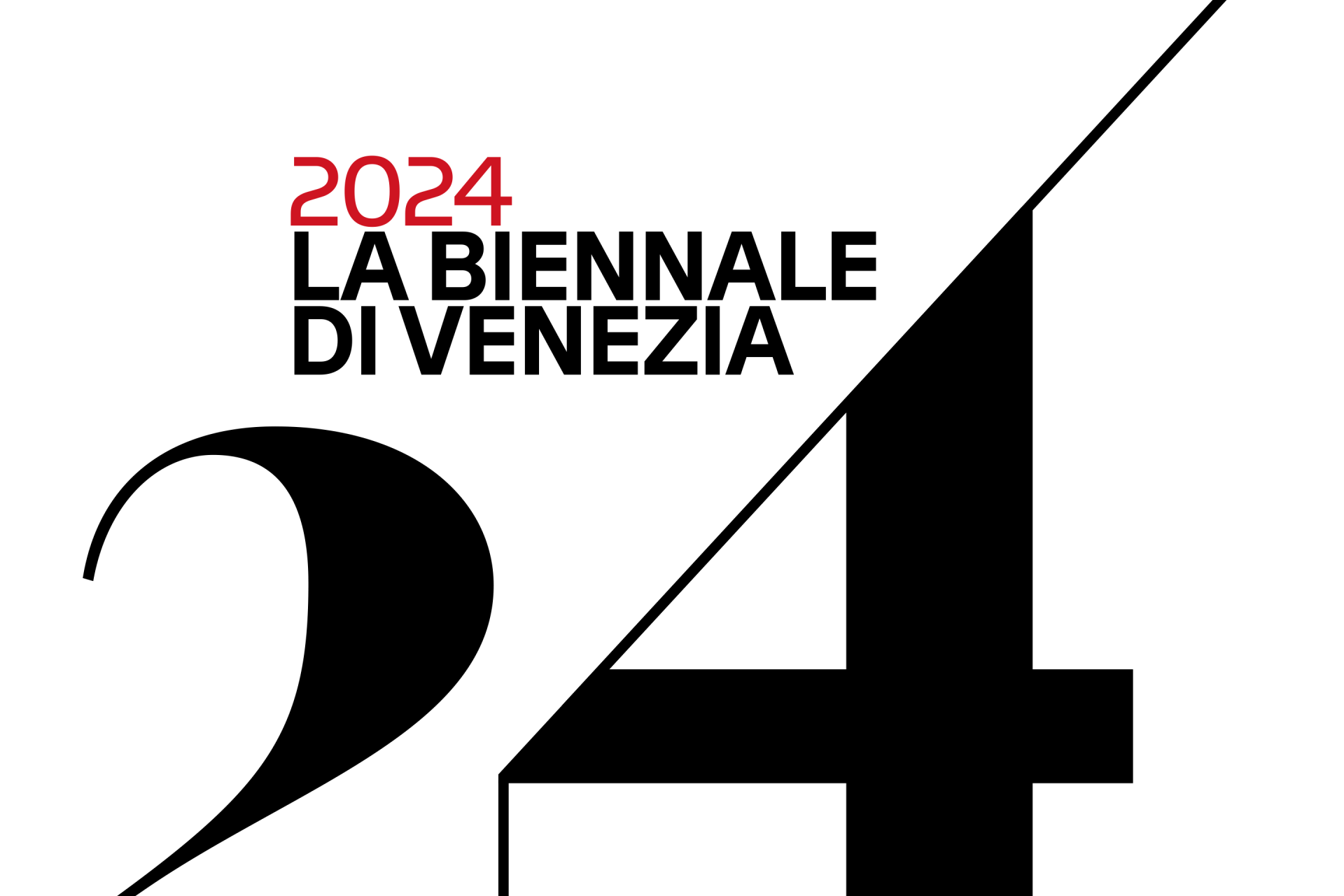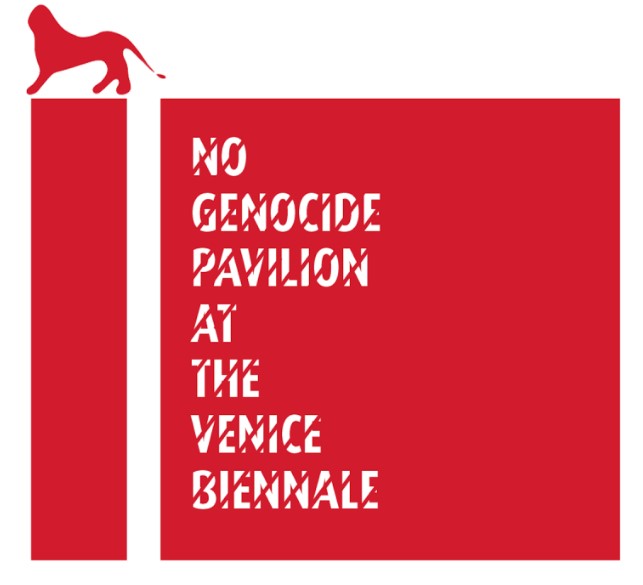“The Venice Biennale rejected our proposal for a Collateral Event exhibit featuring 23 Palestinian artists (including some from Gaza) and their 25 works of art for the upcoming Biennale Arte 2024. This exhibit titled 'Foreigners in Their Homeland' was intended to shed light on life under occupation” writes the petition published at change.org. The petition has gathered 22000 signatures urging Venice Biennale to include the 'Foreigners in Their Homeland' exhibition at their upcoming event, to ensure that all narratives are represented fairly.
It is only one of the episodes of the crisis that is looming in the Art world of Europe between Artists and Artistic institutions regarding the representations of the Israeli invasion in Gaza and the genocidal war waged against Hamas. Almost nine thousand artists and cultural workers signed an open letter calling for Israel's exclusion from the Venice Biennale, citing concerns about the humanitarian crisis in the area.
“As the art world readies itself to visit the Giardini’s nation-state diorama, we say platforming art representing a state engaged in ongoing atrocities against Palestinians in Gaza is unacceptable. No Genocide Pavilion at the Venice Biennale” writes the letter.
The letter emphasizes the need for institutions to acknowledge the plight of Palestinians facing violence and displacement due to retaliatory strikes by Israel following Hamas attacks. The signatories condemn Israel's "genocidal apartheid state," sparking another heated debate within the art community.

The signatories include prominent art world figures, Biennial exhibitors, and Palestinian and Israeli cultural workers. Nan Goldin, Michael Rakowitz, Rehana Zaman and British-Palestinian artist Rosalind Nashashibi are among them. Outside the art world names include economist Yanis Varoufakis and Tariq Ali.
In response to the open letter, Israeli artists and global industry figures denounced its one-sided view and omission of Hamas's actions, highlighting a lack of acknowledgement of Israeli citizens' rights and existence. The statement expresses support for ending violence, supporting Palestinian liberation, and ceasing civilian casualties in Gaza.
Israel has decided to move forward with its planned pavilion for the 2024 Venice Biennale, featuring artist Ruth Patir and curated by Mira Lapidot and Tamar Margalit. This decision comes during ongoing hostilities, raising questions about the Biennale's stance on political and cultural representation. In contrast, an exhibition proposal by Palestinian artists associated with the 2022 Biennale faced rejection, leading to criticisms of the Biennale's handling of geopolitical issues. Back in October, the Palestine Museum US faced rejection for its proposed exhibition.
The conflict in Gaza has left the art world divided, with debates intensifying over statements made by artists, scholars, and institutions regarding Israel's actions. The ongoing debates highlight the challenges of balancing artistic expression with political responsibility in an increasingly charged world.









